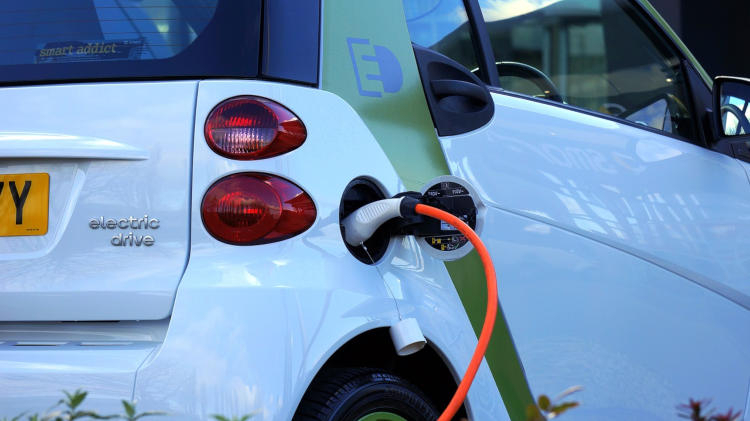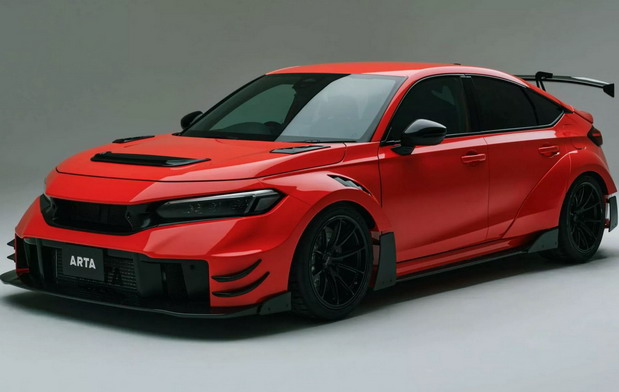AUTONEWS

Electric vehicle manufacturers are already developing compact batteries with greater autonomy and that charge in 5 minutes
Many electric vehicle manufacturers are focusing on the range of their cars to alleviate consumer concerns about underdeveloped charging station infrastructure. However, battery manufacturers have long been working to create smaller, more compact, durable and cheaper batteries that also charge much faster.
The source notes that in the future, the range of electric vehicles will be less important as charging stations will be ubiquitous as a result of related infrastructure development. Startups are experimenting with materials like silicon-carbon, tungsten and niobium in an effort to create more compact batteries that charge very quickly.
The battery is now the most expensive part of an electric vehicle, so really fast charging, combined with more charging stations, can help accelerate the transition to electric vehicles, making it cheaper. Reducing the size of batteries and reducing the cost of producing them is also an important issue that needs to be addressed to increase the pace of electric vehicle adoption.
“Early customers in the upper end of the market wanted bigger batteries and greater range because they could afford it. For more cost-effective mass adoption, smaller batteries are needed, but with the same experience as modern gasoline cars, where you can fill up in 5 minutes,” said Sai Shivareddy, director of Nyobolt, which develops anodic materials based on niobium oxide. .
China dominates the global electric vehicle battery market, with companies such as Contemporary Amperex Technology (CATL) leading the way in developing batteries that will expand the range of electric vehicles. However, Chinese automakers are already making small, low-cost electric vehicles like the Wuling Hongguang Mini, which costs just about $6,500, even after recent battery price increases.
Western startups like Nyobolt and Echion Technologies in the UK and Group 14 Technologies in the US are working on electrode materials that can be used to create ultra-fast charging batteries. Investment in electric vehicle batteries increased more than sixfold to $9.4 billion in 2021 from a year earlier, according to PitchBook.
The shift to smaller batteries will also mitigate the impact of the impending shortage of battery material, driven by growing demand for electric vehicles. In addition, the production of miniature batteries will use less cobalt and nickel, the processing and purification of which is now dominated by China. Automakers will be able to claim greater respect for the environment if batteries use less “dirty” materials, because the creation of batteries will be accompanied by fewer emissions of harmful substances.
AVnews

Nenhum comentário:
Postar um comentário